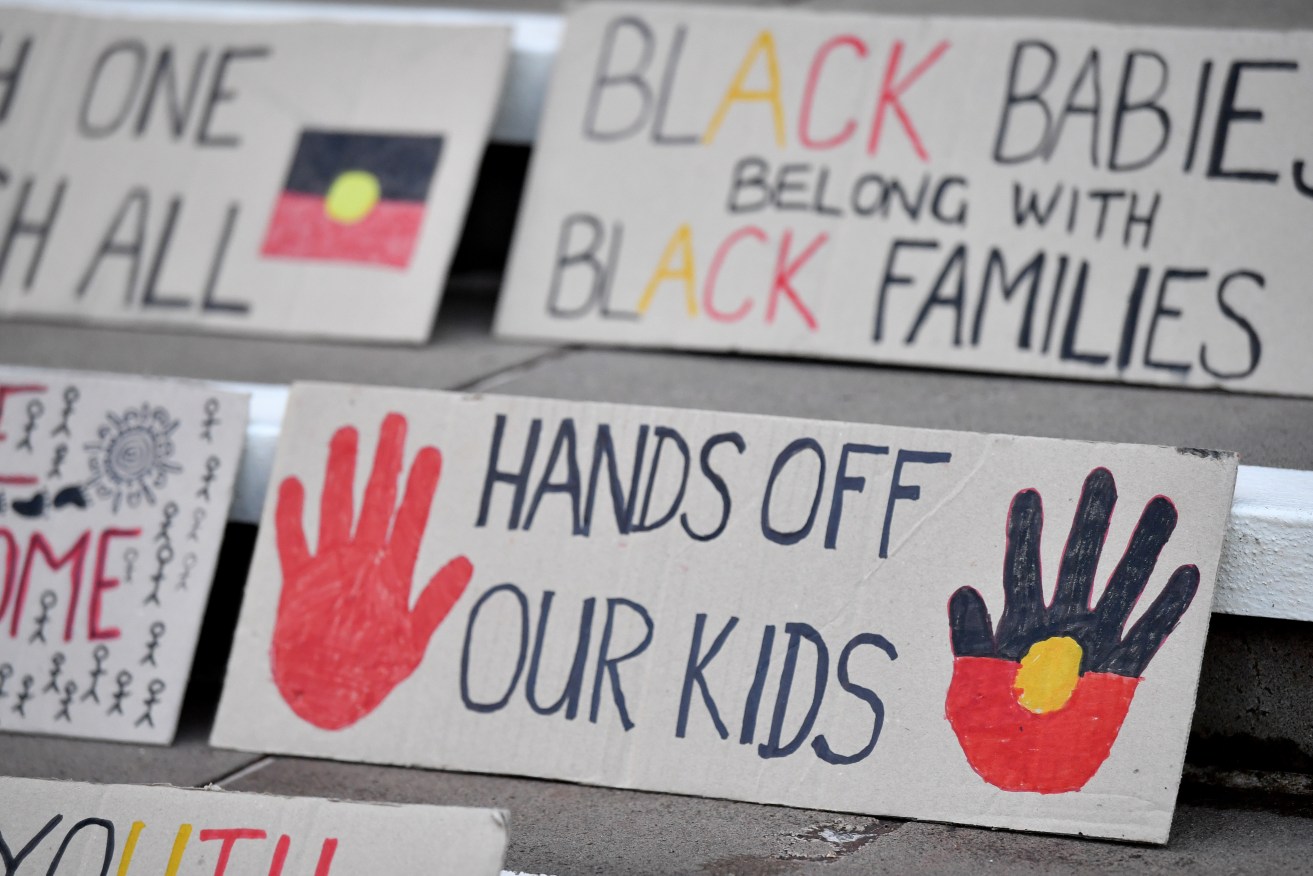Kinship carer support moving to Aboriginal community hands
The Department for Child Protection will spend millions shifting a program that provides support for kinship carers to the private sector, as part of a State Government push to better connect Aboriginal children in care with their culture.

Photo: Joel Carrett/AAP
Kinship carer support for Aboriginal children will be shifted from an internal Department-run program to Aboriginal community-controlled organisations as part of a two year trial starting by the middle of this year.
Kinship carers are people who care for children who are either related to them or who have a relationship with the child, their family or community.
The Department says shifting the program to the private sector is based on evidence from similar programs used in the Northern Territory and Victoria and will ensure Aboriginal children in care are better supported to connect with their culture and communities.
The trial is expected to cost several million dollars and will likely be delivered by multiple Aboriginal community-controlled organisations.
Successful bidders for the tender will be required to provide carer training, connect carers with Aboriginal communities and supports such as trauma specialists and health advisors, and provide advocacy for carers, among other responsibilities.
Department deputy chief executive Fiona Ward said transitioning the program to Aboriginal hands would help break intergenerational contact with the child protection system.
“More than half of Aboriginal children in care live with kinship carers, who play a critical role in developing and maintaining this connection,” she said.
“This is about children knowing who they are and where they come from, which helps them to form a strong identity and maintain critical lifelong connections.”
The Department is seeking to have one or more Aboriginal-controlled organisations to provide support to carers of Aboriginal children who live in regional and remote areas.
The pilot will only be made available to new kinship carers of Aboriginal children.
Currently, Aboriginal providers deliver five per cent of the Department’s services.
While Aboriginal children account for just four per cent of South Australia’s total child population, they represent 33 per cent of children currently in care.
Latest data shows the number of Aboriginal children in South Australia who are fostered by members of their extended family or community has slightly risen from 62.5 per cent (711 children) in June 2017 to 63.4 per cent (850 children) in June 2019.
However, this year’s figure is markedly lower than what was recorded 10 years ago, when 74.4 per cent of Aboriginal children were placed with members of their extended family or community.
The current South Australian placement rate also sits below the 2018 national average at 64.5 per cent.
Want to comment?
Send us an email, making it clear which story you’re commenting on and including your full name (required for publication) and phone number (only for verification purposes). Please put “Reader views” in the subject.
We’ll publish the best comments in a regular “Reader Views” post. Your comments can be brief, or we can accept up to 350 words, or thereabouts.
InDaily has changed the way we receive comments. Go here for an explanation.




